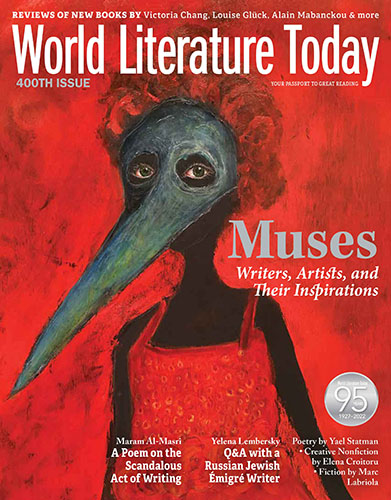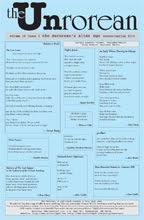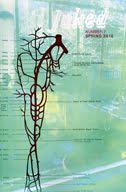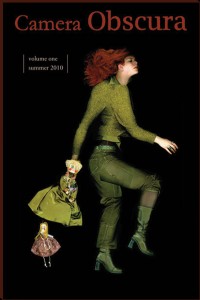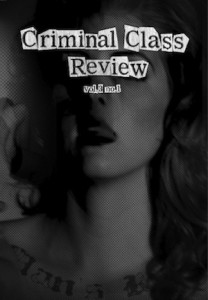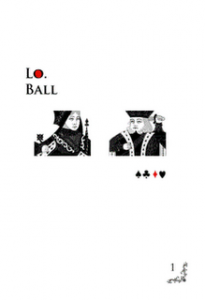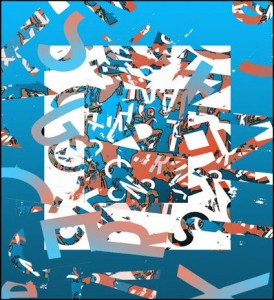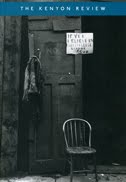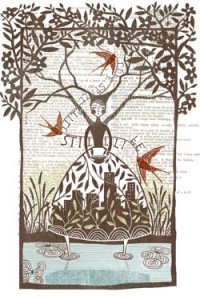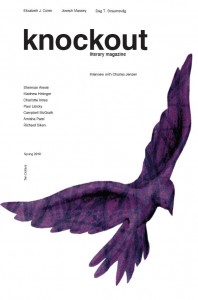Ploughshares, Spring 2010, edited by Elizabeth Strout, opens with her introduction, not just to this issue of the journal, but to Journals. She writes of her first awkward year away at college, where (like so many of us) she believed others to be so much more confident, comfortable, and learned. She slinks into the library and dashes to the first stacks, the periodical section, where she finds familiar magazines: “But I found a whole row of other things. Journals, some thick, others quite thin, lay on a tilting shelf with their faces toward me. Some had colorful covers, some had very simple and unassuming covers. Inside them–the type pressed into the paper, so that even touching them brought a certain thrill–I found story after story, poem after poem. Who knew? I had not known.”
Do you remember discovering literary magazines? It seems most of us do not know them until our college years, and often times by accident. I have made it my “mission” as a teacher to introduce my students to literary magazines, to make the introduction formal, purposeful, and as often as possible. To put a magazine into a young reader’s hands and say, “Read this, I’d like to know what you think of it.” And to be rewarded, time and again, as I was the time I put a copy of Agni into a student’s hands. She returned next class, looking at me wild-eyed, and said, “I never knew writing like this existed.”
And it is to the credit of editors as much as writers that this kind of writing “exists” and can be put into the hands of readers of all ages. New Red Cedar Review Managing Editors Ashley Luster and Emily Wollner comment: “As we embraced our roles as managing editors of Red Cedar Review, the journal that we had grown to love over the past few years, we made it a priority to define the nature of the material with which we were working. What does it mean exactly to be a literary journal? Associated commonly with dusty library tomes and complex pleonastic prose, the ‘L’ word is one that often frightens away people who lie outside of its writing communities and seemingly elite social circles. It seems, though, that the literary merit of a creative piece is not necessarily a consequence of its form or its language, but is something that lies within the way these factors work in tandem to present an idea. In this way, we strove to expand the definition of literary in this issue of RCR to include any spark of creativity that lends itself to ink and paper.”
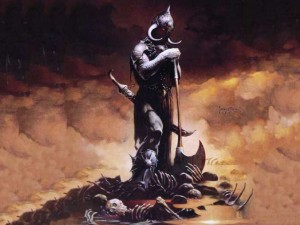 “Frank Frazetta, an illustrator of comic books, movie posters and paperback book covers whose visions of musclebound men fighting with swords and axes to defend scantily dressed women helped define fantasy heroes like Conan, Tarzan and John Carter of Mars, died on Monday in Fort Myers, Fla. He was 82. ” (NYT)
“Frank Frazetta, an illustrator of comic books, movie posters and paperback book covers whose visions of musclebound men fighting with swords and axes to defend scantily dressed women helped define fantasy heroes like Conan, Tarzan and John Carter of Mars, died on Monday in Fort Myers, Fla. He was 82. ” (NYT)
